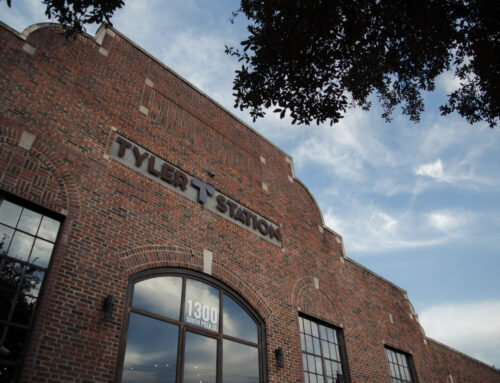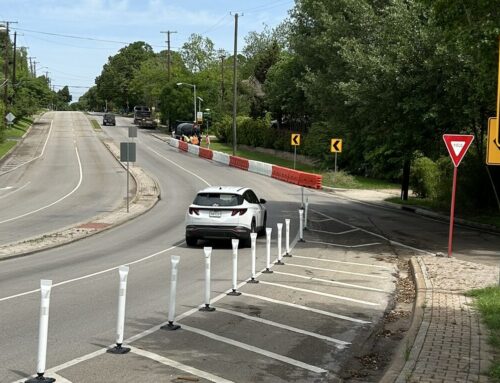Before we get into a gold-rush mentality, let’s take a step back and think about this for a moment. That was the advice West Dallas resident Julian Fernandez had for the city’s gas drilling task force Tuesday night.
City Council member Angela Hunt appointed the panel, composed of several lawyers, an environmentalist and experts in the oil and gas industry. Their task is to research urban gas drilling and hydraulic fracturing, which is known as fracking, and decide whether and under what circumstances the city should allow drilling. The city signed a $34 million mineral lease with XTO Energy in an effort to balance the budget two years ago. But so far, the city has not given XTO a permit to drill on its lease in the Mountain Creek area. If the city doesn’t allow the company to drill, we must repay the $34 million.
Overwhelmingly, neighbors urged the panel to ban gas drilling because of evidence suggesting that chemicals used in fracking can contaminate ground water and pollute the air. Th Environmental Protection Agency does not regulate fracking, which utilizes cancer-causing compounds including benzene. So the job is left to the Texas Commission for Environmental Quality, which employs 12 inspectors for some 15,000 gas wells throughout the state.
City Council members Scott Griggs, Delia Jasso and Dwaine Caraway attended the public forum. Presumably, the remaining 11 members attended Mayor Mike Rawlings’ private dinner with city council members. (Not only was it scheduled on the same night as one of only two public meetings on gas drilling, but it also was closed to reporters, despite there being a quorum present, but that’s another story.)
“They’re not going to have fracking where I live,” said Joanne Roan of Bryan Place. “Or in Lakewood or in most of our neighborhoods, but I feel for people who do.”
Fracking also requires hundreds of gallons of water, a precious resource itself.
Molly Rooke, who lives near Mockingbird, suggested the panel wait until there is more research and better technology for extracting the gas from the Barnett Shale.
“That gas is not going anywhere,” she said. “It’s going to be there. Someday there could be a better technology, and we don’t want to make our air quality worse.”
Two people spoke in favor of gas drilling in the city. Robert Unger of University Park, who said he worked in the oil and gas industry for 35 years, said he thinks fracking is safe, even near “established and mature developments.”
We all need energy, was the gist of his argument. Wouldn’t it be nice to pay less for it?
The panel’s chair, Lois Finkelman, told the room: “I promise you we will address this the best we can, and when we finish, we will have a strong consensus about what to do.”
The next public meeting is in October, a few days before the panel submits its recommendations.





